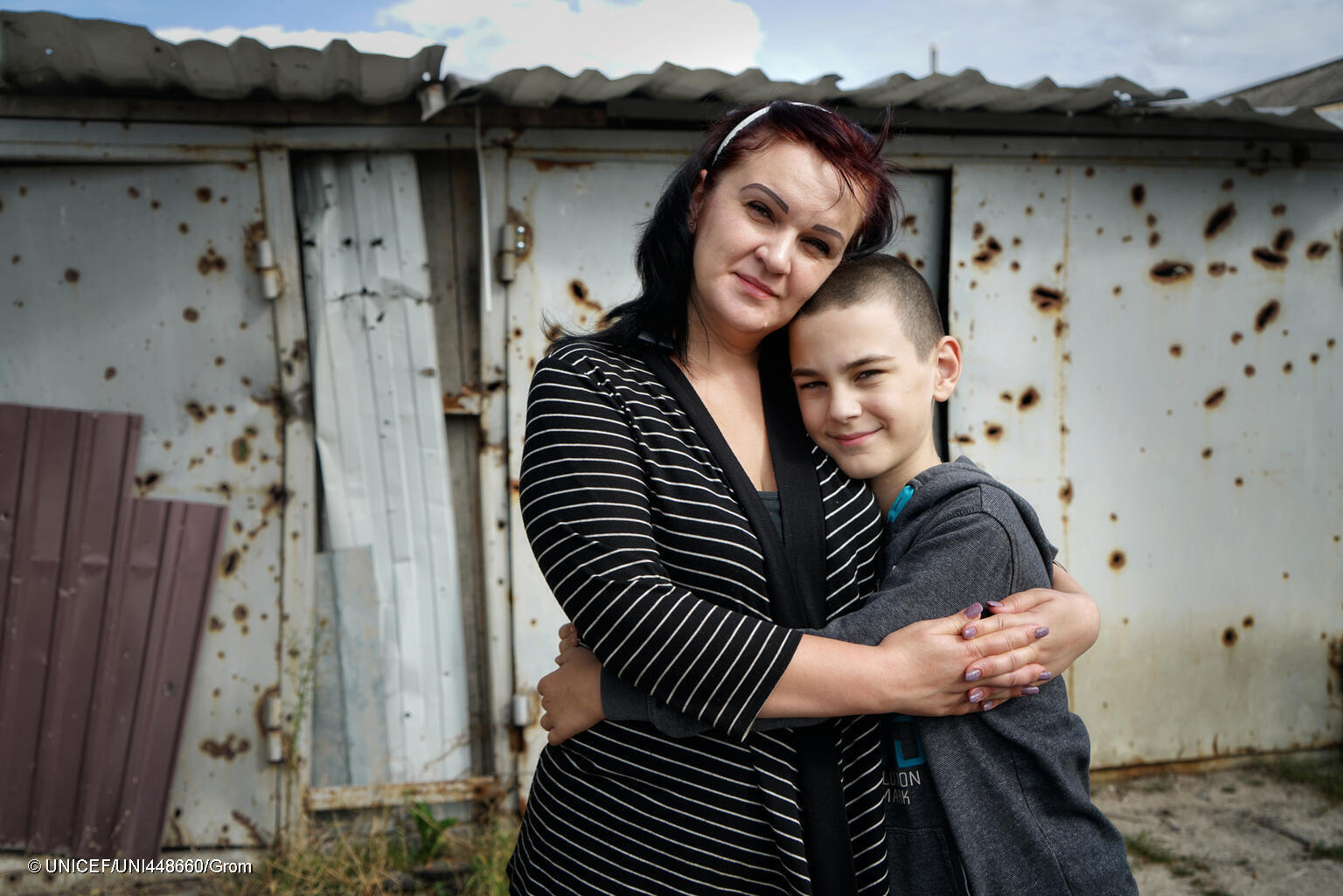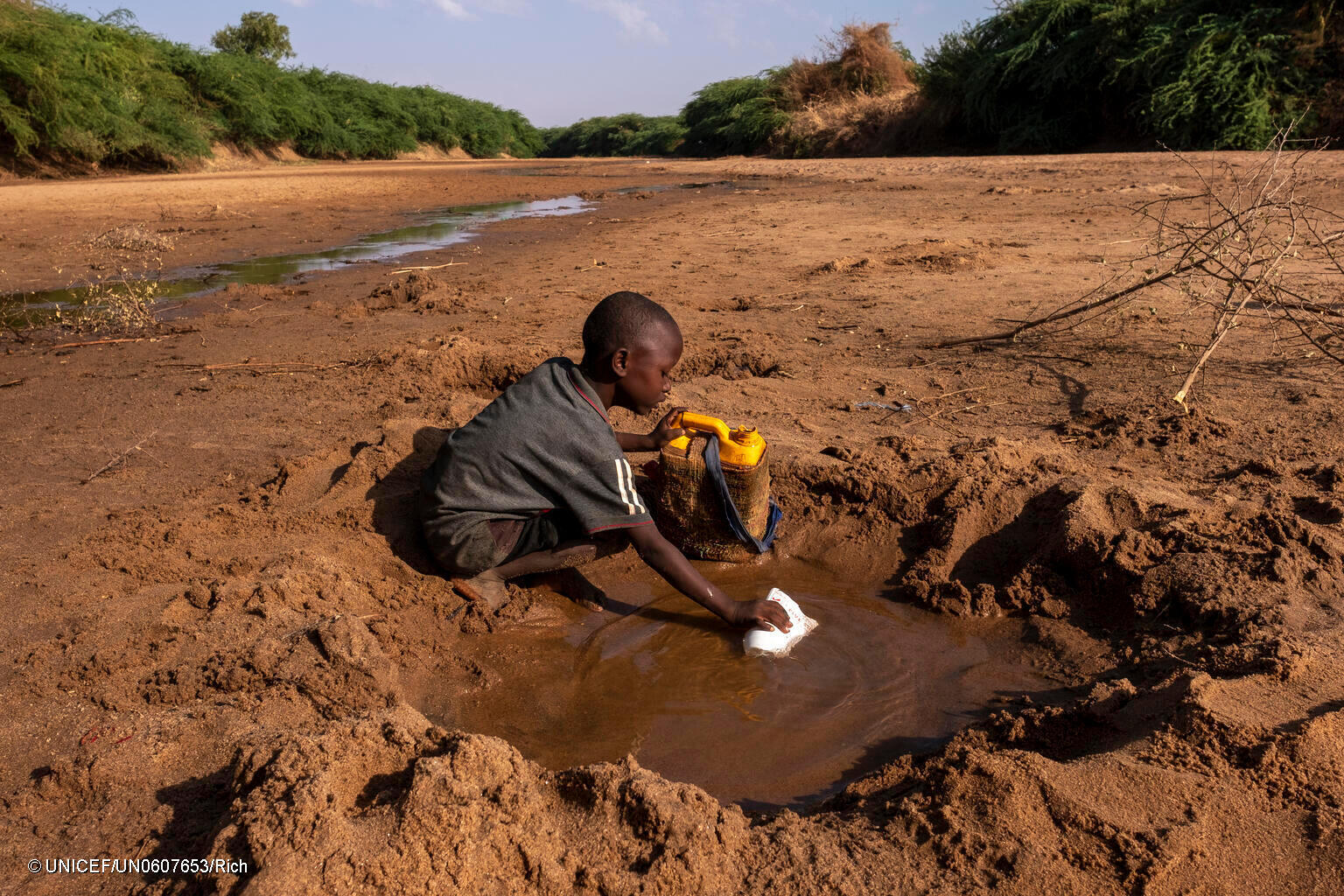By Philip Goldman, President, Maestral International
UNICEF estimates that one billion children are subjected to violence annually, and securing the protection of those children is all about human rights, right? Wrong! While the rights agenda remains a good compass for improving the safety and well-being of the most vulnerable, emerging evidence is showing strong correlations between the environments children grow up in and the development of a country’s long-term human capital. Yet most national social policies in lower resource countries make scant reference to addressing violence, exploitation, and abuse of children and other marginalized groups, leaving those issues to a fragmented array of under-resourced NGOs operating globally. Maestral International is a team of global experts that have been advocating hard to change this paradigm, and to support the recognition that the welfare and well-being of children need to be part and parcel of any country’s social policy regime.
We launched Maestral in 2008 to put child protection on the development map. Back then, there was increasing evidence that early childhood interventions promote physical, cognitive, linguistic, emotional, and social development, and in turn yield long-term economic returns. As the World Bank’s Marijana Jasarevic has noted, “research shows that each $1 invested in quality early childhood programs can yield returns between $4 and $16.” There was also evidence that the dominant global charitable paradigm of placing vulnerable children in residential care (so-called institutions, orphanages, children’s homes, and the like) was in fact highly harmful to child well-being–indeed, the vast majority of children placed were not ‘orphans’ and had options for less expensive and more beneficial family-based care.
In the intervening years, the evidence has only grown to show the linkages between protection and strengthening human capital. Children who are protected from violence and abuse are more likely to attend school, to actively participate, and to improve classroom performance, factors that strongly leverage and support the education agenda. The WHO, CDC, and other agencies have also drawn strong linkages between childhood adverse experiences such as violence, and lifelong health status–children experiencing severe adversities are highly prone to chronic conditions in adulthood such as cardiac disease, diabetes, pulmonary disease, and adverse mental health outcomes.
In 2023, Maestral worked through a USAID Global Development Alliance called Changing the Way We Care to demonstrate the economic benefits of investing in a minimum package of services children and families needed to provide a safe and nurturing environment in Moldovan households. We prepared an investment case showing how support for parenting, alternative care, psycho-social services, and other programs would lead to higher lifelong earnings and reduced social costs (e.g., health care expenditures, social welfare system costs, lower incarceration, etc.). Our assumptions in the modeling were highly conservative and based on global research, and ultimately showed an impressive 16.6% internal rate of return from investing in the package. The findings of this analysis are informing an ongoing dialogue between the Government of Moldova and its external financing and development partners on the next steps needed to resource the package.
If children around the world are facing complex adversities, they need a range of programs and services that can be tailored to address those adversities. These include a combination of economic support to address poverty-related stressors on households, and non-cash social services to respond to needs that require more than a periodic payment or labor market program. Studies show that a ‘cash plus care’ approach is much more effective than relying on siloed cash or care interventions, and that it also yields strong economic returns. For example, a recent study in Niger found that a multi-faceted integrated approach with cash and care (psychosocial) components led to an impressive internal rate of return of from 21% to 44% depending on the assumed duration of its effects.
Most children face a multitude of complex risks specific to their circumstances. One of our best tools for assessing these complex needs of a child and household is social work case management. USAID’s Maury Mendenhall notes that “[s]ocial service workers put together all of the puzzle pieces that are the most difficult to find.” Case managers (typically social workers and related professions) are trained to review children’s circumstances, to develop a case plan for the child and household, to refer them to available resources, and to provide ongoing monitoring and support. This multi-sectoral approach recognizes that children can experience their own unique mix of adversities and avoids the trap of trying to address a single issue at a time.
These have been extraordinarily difficult times for kids–UNICEF notes that they are the worst since its founding in 1946. In our area of work, we see that promoting the rights of children aligns with a better future for society. While this may appear to be ‘common sense’, there is a lot of work to be done to ensure that national policies and budgets reflect what the evidence is telling us about how to promote child well-being. Our experience at Maestral does provide optimism that small organizations can change the paradigm about how we think about big issues, especially if we are able to show how new ideas can yield outsized economic and social returns to investment.

Photo 1: UNICEF Ukraine is working to support integrated cash and non-cash services and benefits to reach children and families affected by the conflict. [note photo credit in frame]

Photo 2: The world is experiencing ‘polycrises’ from conflict, contagion, and in this case in Somalia, climate – and children are bearing the brunt. [note photo credit in frame]





